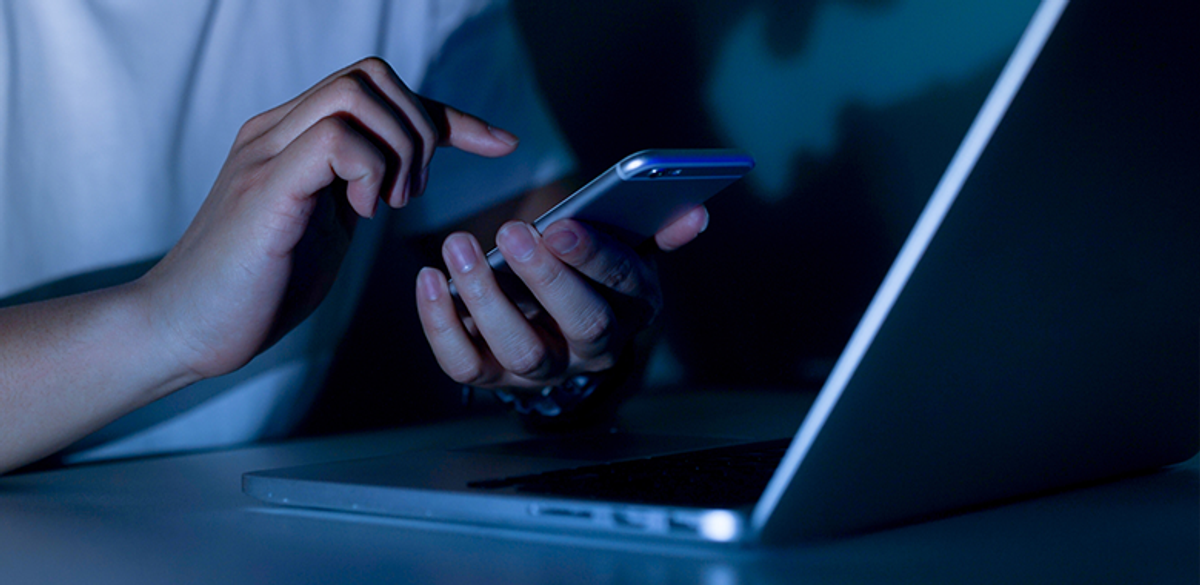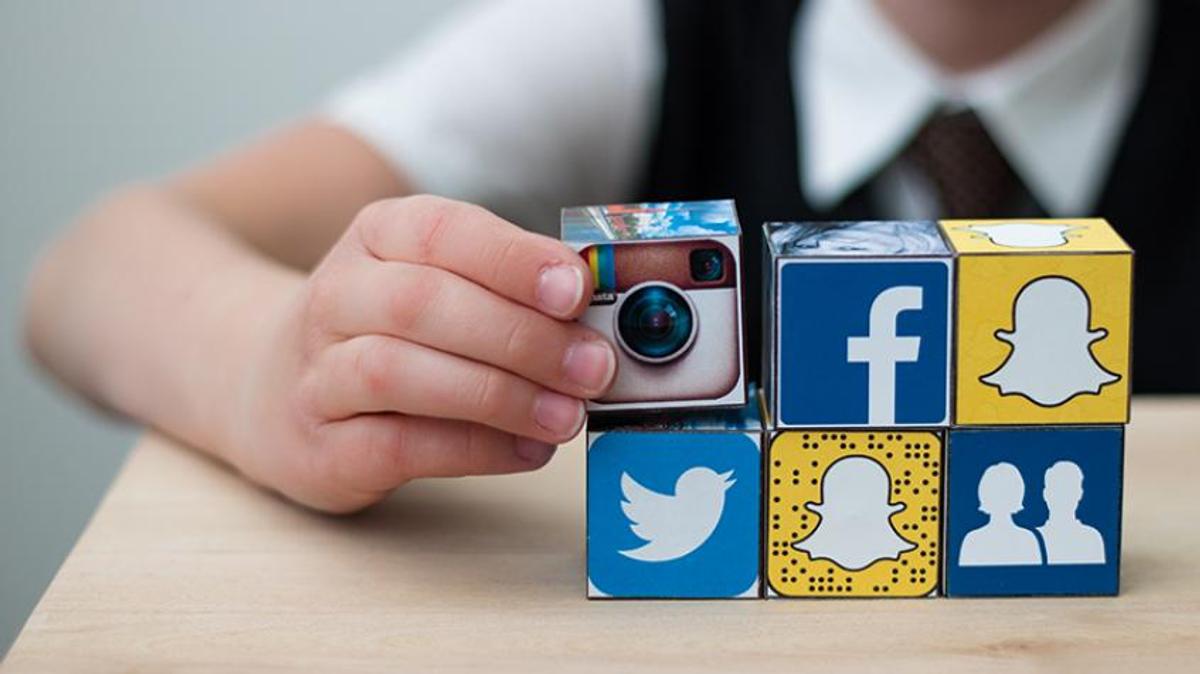I hope all families have enjoyed a restful and enjoyable holiday as we look forward to another busy term at St Mary’s College. Last week’s Learning Conferences were an opportunity for students to set clear, achievable and challenging goals, and we look forward to seeing them embrace all that is on offer this semester.
Social media
We know that social media has become an integral part of young people’s lives, connecting them with friends. In fact, data indicates that 90 per cent of a child’s socialisation occurs online.
A Young and Well Cooperative Research Centre literature review shows there are significant benefits that come with social networking services for adolescents. Social networking can faciliate supportive relationships, deliver educational outcomes and help with identity formation.
We often hear or read about the dangers of young people logging on to social media platforms, such as Facebook, Instagram, Snapchat and Twitter, and other online spaces where they can socially interact, including YouTube, virtual worlds and gaming sites. In the online world, we know young people can be exposed to cyberbullying, harassment, sexting, privacy breaches and sexual predators.
Regrettably, on too many occasions last term, students required reminders about how to interact in a responsible manner with their peers online. SchoolTV provides a host of resources from leading specialists addressing a series of questions to support parents and carers, including the following:
- Which social media sites do your children use?
- What should parents say to young people about posting online?
- How can parents help manage the multiple devices that children have these days?
- At what age should your child be permitted to use social media?
- Can your children help teach you about social media?
- Why do young people make poor choices about social media online?
- What is a digital reputation?
- What organisations will check my child’s online content?
For more information and resources, visit the SchoolTV Portal on the College website.
We want to empower parents and carers to be vigilant, to establish rules and boundaries, and to enforce them consistently. Changes in attitude and behaviour can often be a sign of inappropriate social media use.
Cyber safety expert Susan McLean, who has worked with our students, staff and parents and carers in previous years, advocates that when talking to young people, the following key messages are effective:
- Cyber space is a public space – even if you have your accounts set to the highest level of privacy and security, your content and data may still be accessible to outside parties
- Think before you post to limit damage to your reputation
- Nothing is completely deleted from the internet
- You are never anonymous online
- You will always leave a digital footprint
- Manners are important.
- Words don’t convey facial expressions or emotions – be aware of your tone.
- Even when using emojis things can be taken the wrong way. Avoid sending emails or texts when you are overtired, emotional, or angry – leave it until the morning.
- Treat others how you would like to be treated – don’t respond to negativity with negativity
- If you wouldn’t say it to someone’s face – don’t say it online.
- Passwords must never be shared outside of the home – teach your children that passwords are a 'secret' that are only to be shared with mum and dad
- There is no such thing as a safe website or app – just a safe user
- Anyone can be online – people lie online.
Mobile phones and devices
At a school level, the St Mary’s College Acceptable Use Guidelines for Mobile Phones and Devices states that students are to act in a safe and responsible manner when using technologies. The guidelines specify that:
- unless express permission is granted, mobile phones and devices must not be used to make or receive calls, send, or reply to messages, or access the internet or social media apps
- students are not to use their mobile phone or device to engage in personal attacks, harass another person, or share private information about another person on any platform. It is a criminal offense to use a mobile phone to menace, offend another person or document illegal activities
- mobile phones are not to be used to photograph, video or record any member of the school community or a visitor to the College during the school day, before or after school without expressed consent or permission from a staff member. Sharing a photograph or video with another person or persons will be seen as a serious breach of privacy.
Consequences for students who do not follow the guidelines may include:
- confiscation of the mobile phone or device, which will be placed in the Director's office until the end of the school day
- restorative practice conversation
- cyber safety report
- reflection
- deletion of problematic personal content from a device
- interview about the offense in the presence of parents/carers
- storage of the mobile phone or device in the Director’s office from bell to bell for a designated timeframe
- temporary or, in extreme cases, permanent suspension of access to network resources
- internal suspension
- external suspension
- permission to have a mobile phone or device at school revoked
- serious incidents reported to the Police
Any extreme breaches of the guidelines could lead to consideration of a student's enrolment at the College.
I would like to thank our parents/carers for their support of our guidelines. With the mounting research clearly indicating the negative impacts that phone usage has on mental health and wellbeing, it is critical that we work together so that students can focus on their learning and positive face-to-face relationships with their peers.




